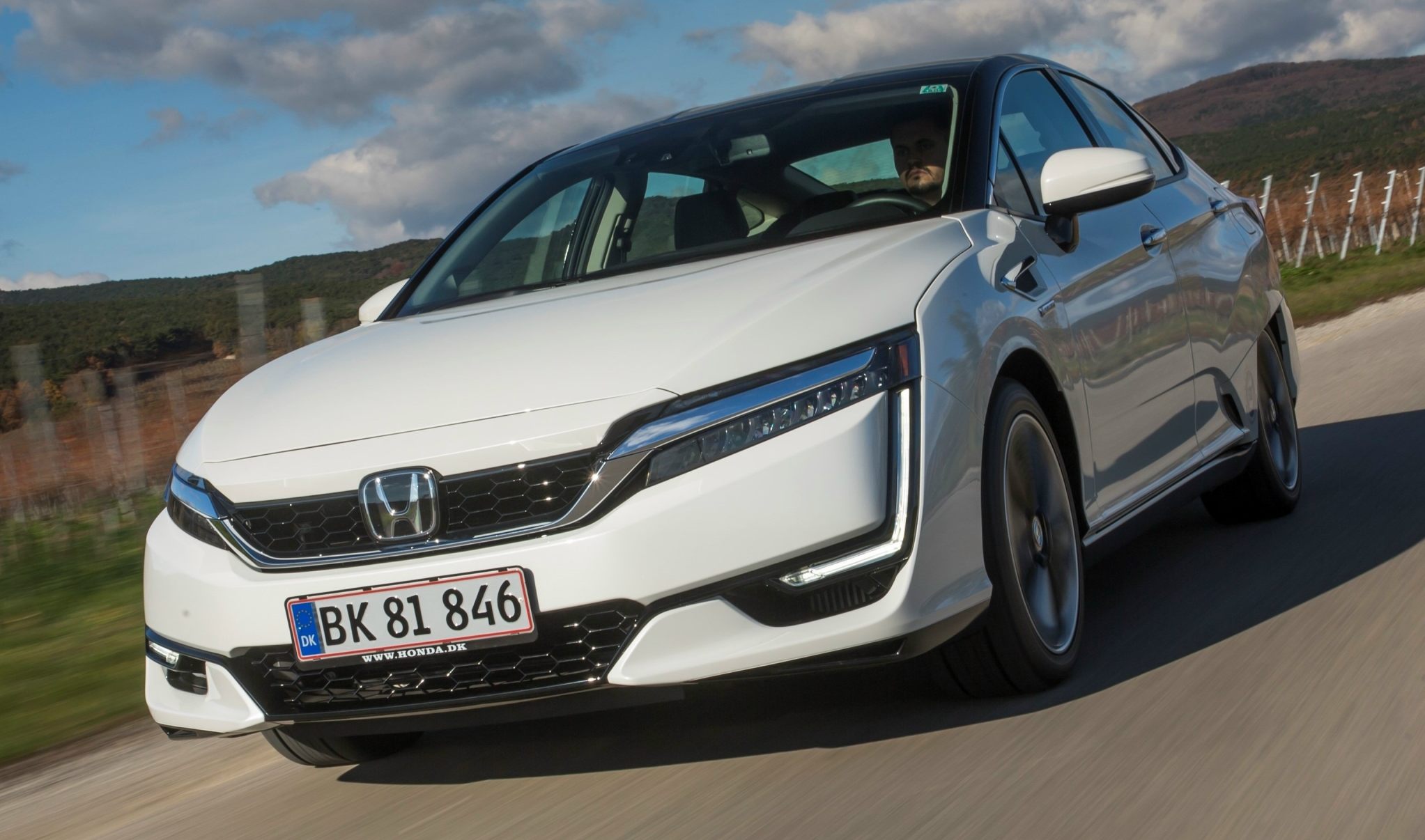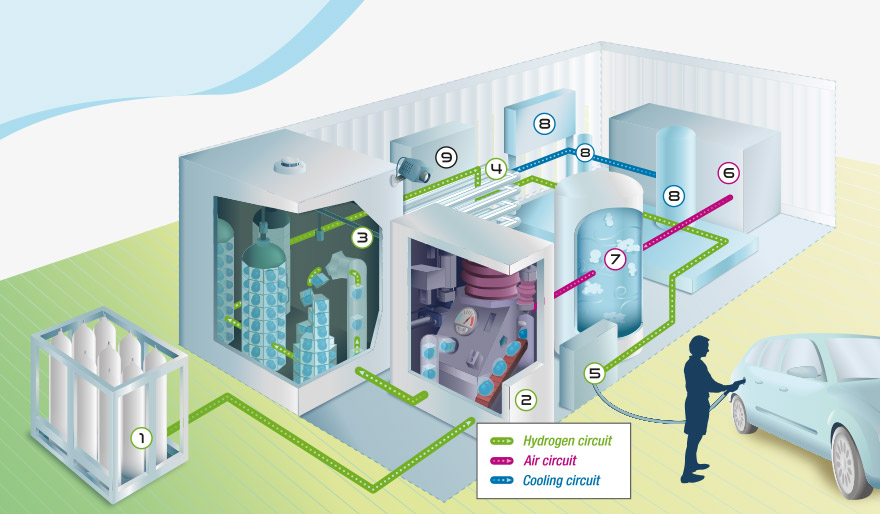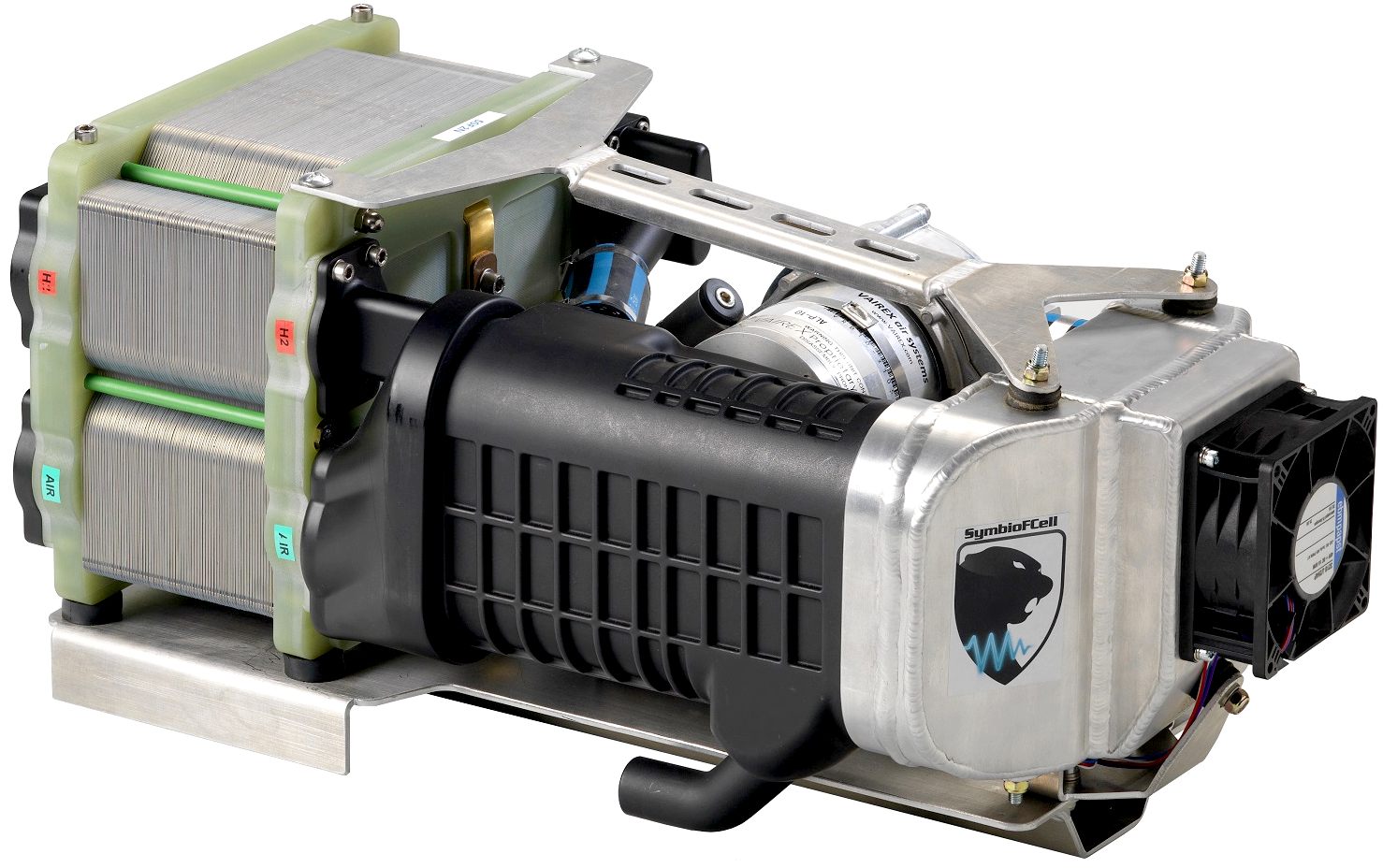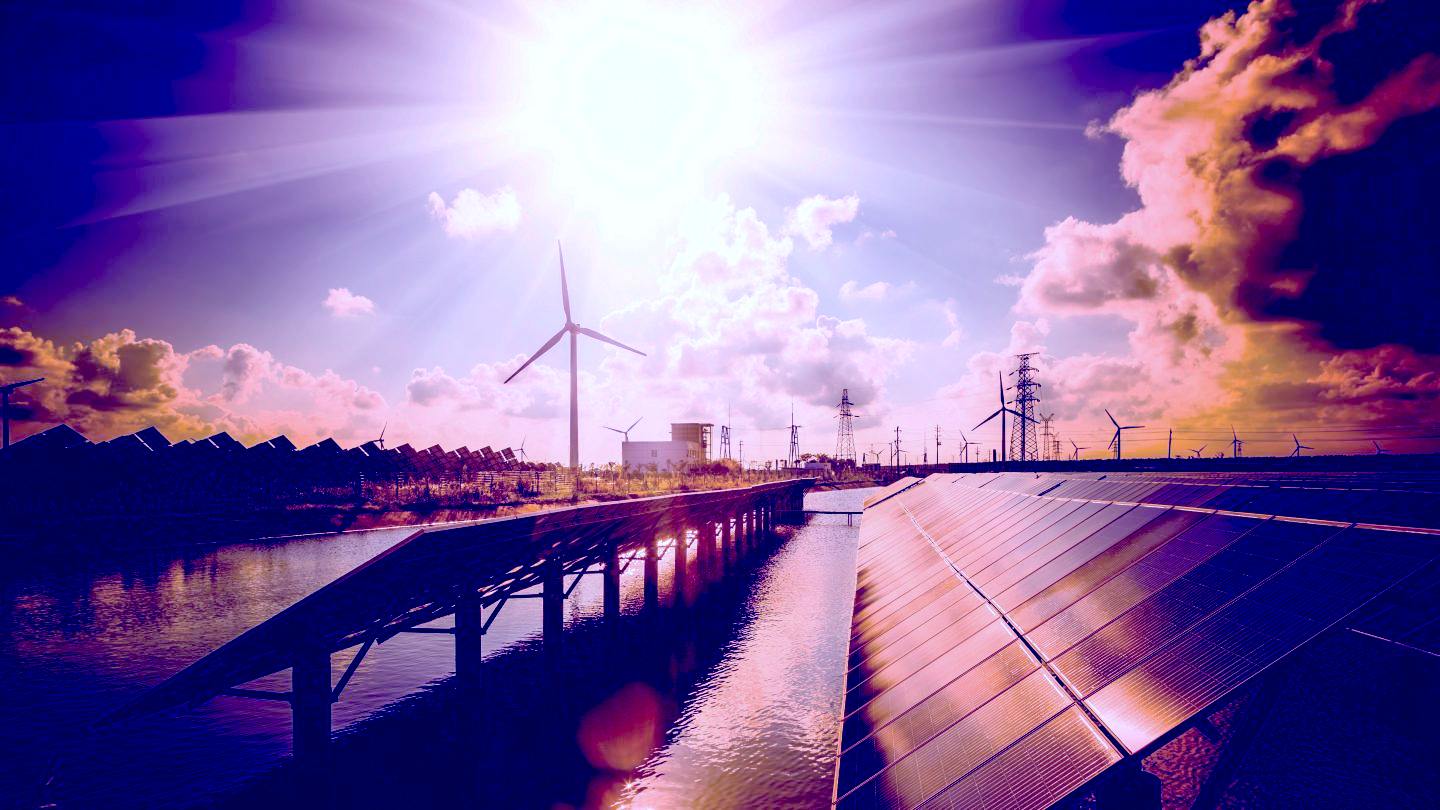|
FOSSIL FUEL SUBSIDIES
Please use our A-Z INDEX to navigate this site where page links may lead to other sites or see HOME
|
|
|
Hydrogen power is the next stage of sustainable development for electrics, by extending range significantly for passenger vehicles and making the practical operation of long range heavy goods vehicles possible. But what about when a fuel cell breaks down? Roadside recovery will take you to the nearest garage for a conventional FCEV, but with the SmartNet™ Universal system, you can have a replacement fitted in a couple of minutes and be back on your way.
Hydrogen is gathering support as a potential replacement for fossil-based fuels such as petroleum, diesel, coal, oil, and natural gas - that are subsidised. But there is as yet little in the way of an infrastructure for hydrogen - and no subsidies - as yet for renewables.
Putting that into perspective, there are no ammonia or methanol service stations. Not even at the consideration or planning stages. In the words of John McEnroe: "You cannot be serious."
Has anyone in government heard about a level playing field?
A proposed Hydrogen Refuelling Station by Air Liquide, where hydrogen is made from water on site, compressed and stored in cylinders before being dispensed to FECV customers. These HRS's can only service hydrogen powered vehicles - and there is no load levelling ability. For that you'd need our Universal Smart Batteries.
Typically, hydrogen is delivered to a fuelling location in the same way as it is distributed to industry: in pressurised tanks on lorries. However, at suitable sites hydrogen can be produced on-site by electrolysis, in the best case with the aid of renewable electricity obtained via direct coupling (wind/solar), or through grid-balancing services.
The UK's policies appear to be the cause of global warming. If you give money to oil and gas companies to keep on producing fuels that choke the planet and change the climate, but don't give any balancing incentives to renewables, your policies are directly responsible for climate change. Not to mention lung cancer, from diesel particulates.
Is it that politicians and policy makers are idiots? Are they stupid?
The most obvious reason for such a situation, is the conflict of interest, where many politicians are investors in oil and coal fuels. The same applies to local councils, many of which have invested in fossil fuels for their pensions.
That being the case, it explains why there are so few on-street charging points for electric vehicles in our towns and cities.
Why?
Because, providing service facilities for EVs, effectively devalues their present investments. And that means their pensions are at risk.
It is a clear conflict of interest.
This loophole needs to be blocked, so as to identify the true situation for the voting public.
It makes sense to change the law, to require declarations as to investments. It should be a statutory requirement, where at the moment, local authority registers are all but blank! Some councillors and executive officers are not entering the committee chambers with clean hands.
It is inconceivable that senior council officials would not have shares as outside investments. But that is what their Register of Interests tells us.
At the moment, there is no way of knowing who might be a potential climate denier. It is a kind of fraud by failure to disclose, where policing is non-existent.
We need absolute transparency during the transition stage as we head to 2030 Paris targets, from ICE dirty birds, to zero carbon motoring.
Unfortunately, those targets are slipping. We might be in for more storms and power cuts.
LINKS & REFERENCE
https://ec.europa.eu/
Hydrogen powered vehicles are becoming more popular, especially buses in cities, where diesel particulates are choking the population and causing cancer. There is an abundance of clean wind and solar energy that can produce green hydrogen, something that at the moment is not happening.
Please use our A-Z INDEX to navigate this site or see HOME
This website is provided on a free basis to promote zero emission transport in Europe and Internationally. Copyright © Climate Change Trust & Universal Smart Batteries 2022. Solar Studios, BN271RF, United Kingdom.
|



